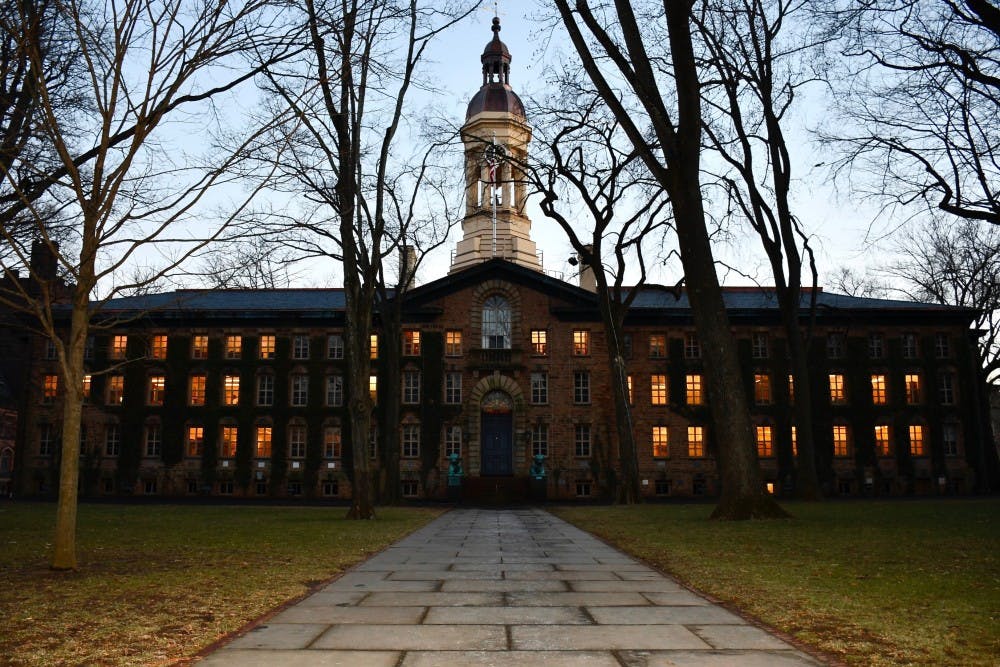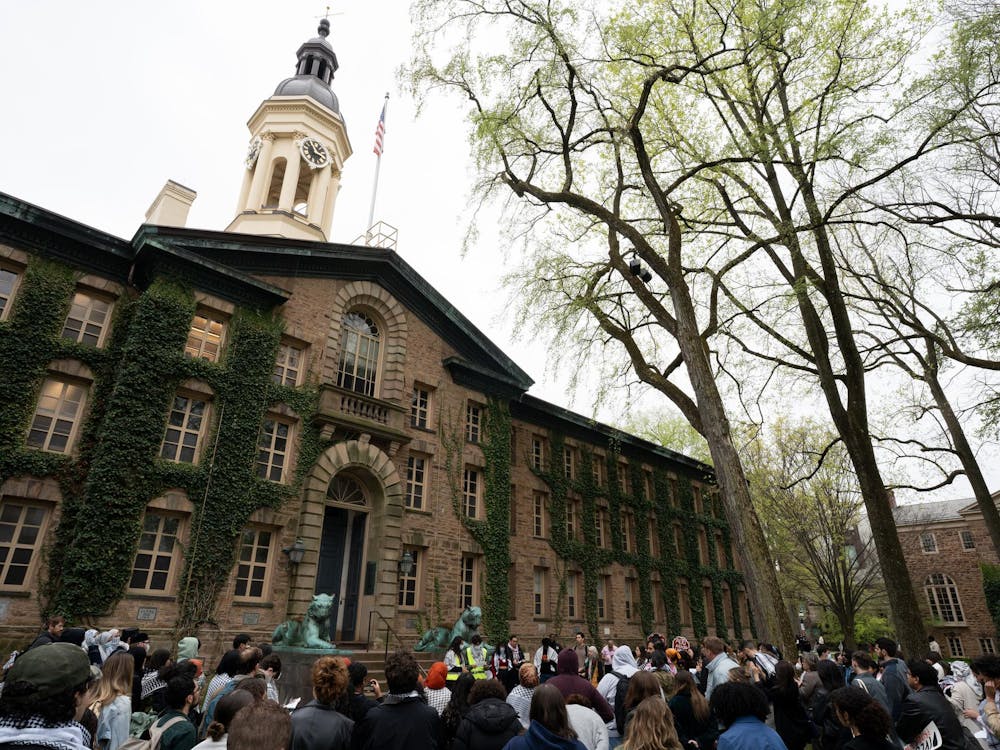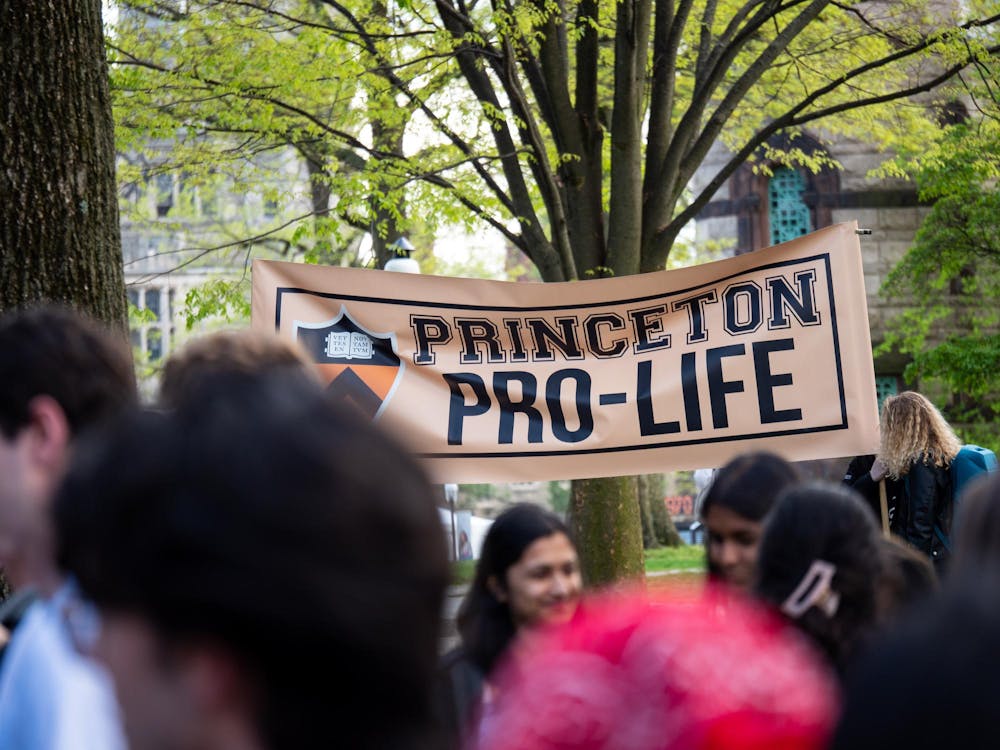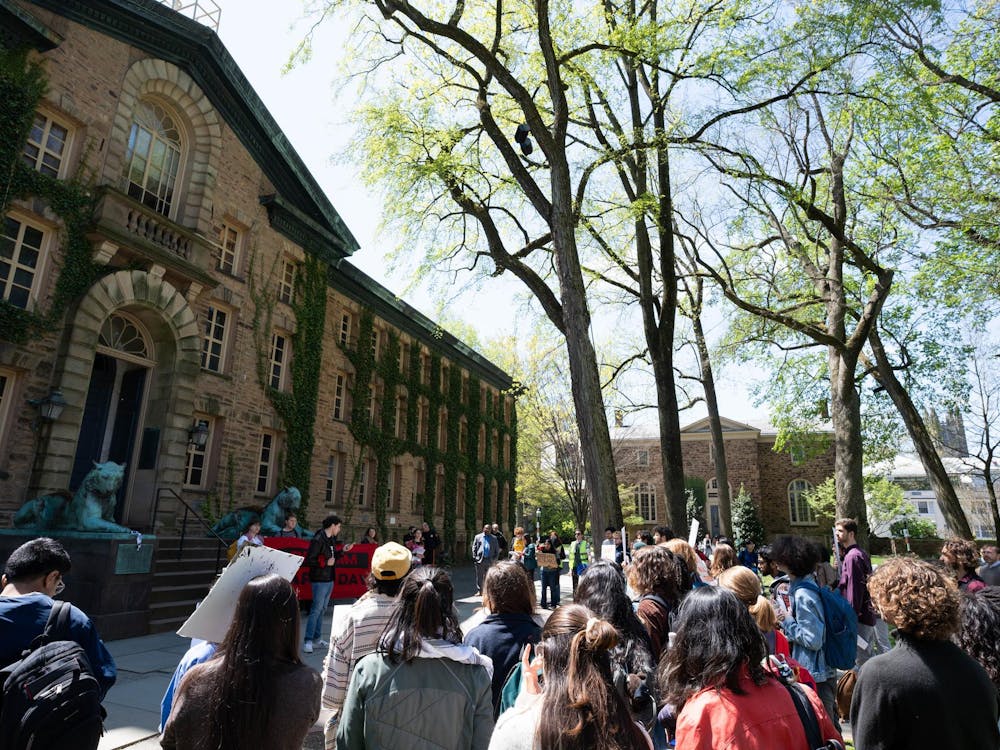This past week, a group of scientists in London announced that, for the second time ever, a patient was cured of HIV. This replicated the same procedure used 12 years ago for the first patient who was cured of HIV, which involves a bone marrow transplant meant to treat both patients for cancer. Thus, both patients are considered to be in “long-term remission” for both their forms of cancer and for HIV. Though this procedure can only be done in patients with both HIV and cancer, it suggests that a more widespread cure of HIV/AIDS is possible. This announcement came decades after HIV/AIDS activism reached a peak in the 1980s with the activity of organizations like Act Up!
The realized potential of a cure for HIV/AIDS represents the intense and dedicated work of activist organizations coming to fruition in a way that will have immense impact on public and global health. As students, we are in a position to participate in this activism and must remain committed to it, even if the realization of the goal of the activism may be decades away.
Act Up! was first founded in 1987 with a series of protests on Wall Street meant to stop major pharmaceutical companies from profiteering from the available treatment for AIDS, a drug known as AZT. Over the next decade, Act Up! and its various factions fought for a wide range of issues related to AIDS, including increased funding by the government to help those with AIDS through welfare methods, as well as increased dedication of resources by private pharmaceutical companies and government agencies to finding new treatments for HIV/AIDS. Small victories were achieved by Act Up! quickly, but it took decades of persistence to make lasting progress towards a cure for HIV/AIDS. The timeline of achieving major progress is on a scale of decades, not on the scale of one news cycle.
Until 12 years ago, an actual cure for HIV/AIDS was inconceivable, though therapies that could successfully control the symptoms and increase the lifespan of people affected had been developed. And until this past week, replicating that procedure of 12 years ago also seemed unrealistic. It took decades for the activity of Act Up! to even achieve the beginning stages of a cure for HIV/AIDS. This is not to say that they were not successful or efficient in their method; rather, it confirms that even if activism rarely achieves its goals quickly, continued effort, even over decades, is worth it.
I am not calling for everyone on this campus to participate in HIV/AIDS activism. This is a worthwhile cause, but it is not the only one by any means. Whichever issue one chooses to fight for, it is necessary to accept the fact that the goal may not be achieved instantaneously, even if initial efforts require massive amount of time and energy. Continued, steady effort over longer periods of time will prove to be more successful.
For example, environmental activists have also fought for the development and enforcement of important legislation for decades. Some of these groups achieved results quickly, evident in the passage of the Clean Air Act of 1970 at the beginning of the modern environmentalist movement. Even so, many violations of the Clean Air Act have occurred since, and successful enforcement typically requires activism in the public sphere. When Volkswagen violated the Clean Air Act in 2015, it was largely public calls for punitive action that brought the issue to court.
As students at the University, we are in a position to participate in this form of activism. We have resources provided by the University, in funding and available platforms, but we also have resources provided by the students — an incredible amount of passion, intelligence, and varying perspectives. These alone are powerful and can lead to the same realization of goals that Act Up! achieved this past week — even if this comes 20 years in the future.
Morgan Lucey is a senior neuroscience major from Scottsdale, Ariz. She can be reached at mslucey@princeton.edu.









